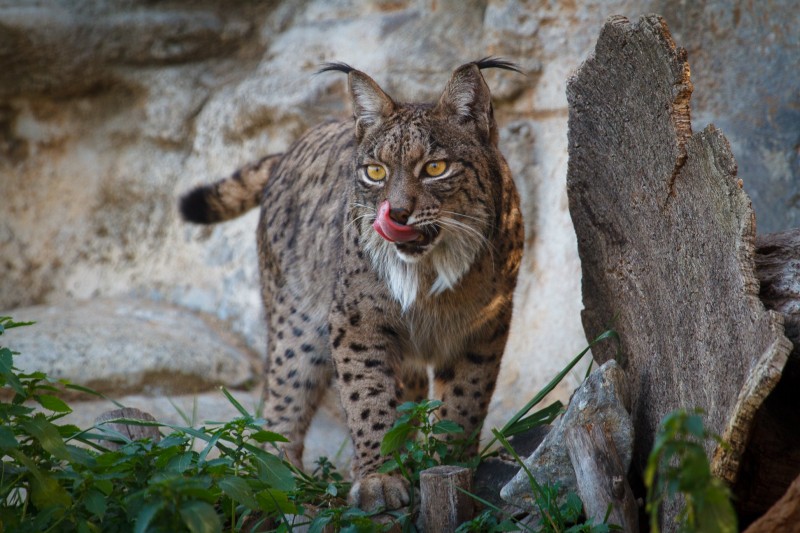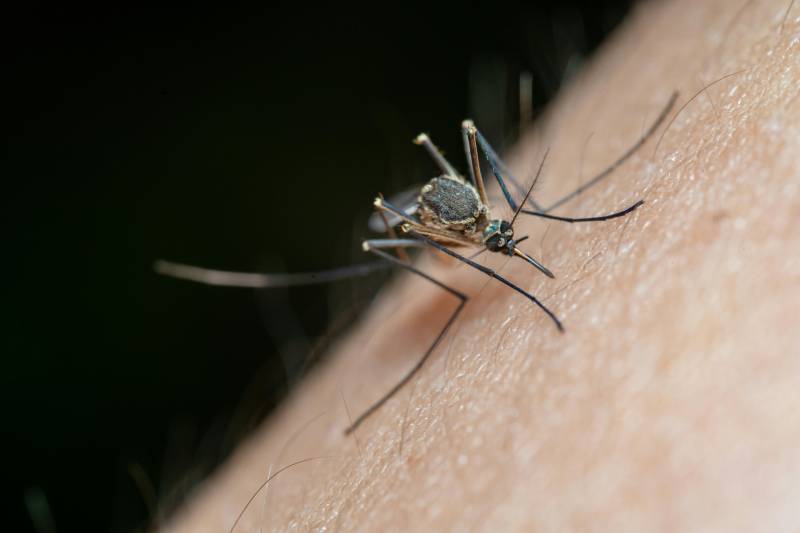

- EDITIONS:
 Spanish News Today
Spanish News Today
 Murcia Today
Murcia Today
 Alicante Today
Alicante Today
ARCHIVED - Adult Iberian Lynx run over and killed in Seville province
The body of the adult lynx was found on a road between Aznalcázar and Benacazón in the Andalusian province of Seville earlier this week.
The Life Lynx Connect programme is a complex, transnational one in which the environmental authorities from 2 countries (Spain and Portugal) and 4 Spanish regions (Andalusia, Castilla- La Mancha, Extremadura, and Murcia) are taking part together with public and private companies and NGOs from the environmental sector and a foundation within the hunting sector. Its main goal is to achieve a self-sustainable and genetically viable population by consolidating the subpopulations currently in existence: two in Andalusia, two in Castilla La Mancha, one in Extremadura, and one in Portugal. It is implementing various actions based mainly on the genetic management of the species, developing tools to facilitate this management and make it sustainable in the long term.
There are many obstacles in the smooth progress of this project, the number of animals killed in road accidents and by hunters (there have been many reports of lynx having been shot to death, the most recent in Doñana (Huelva) when a lynx’s body was found floating in a river with bullet wounds to the shoulder) the biggest issues faced in the re-introduction programme. Significant work has been undertaken to create safe “corridors” to enable the lynx to live in areas divided by major road connections and to ensure work within the hunting community doesn´t bring the animals into conflictive competition over the supply of their principal food source; rabbits.
Although this latest death is being criticised by environmental campaigners, millions has been spent so far in an effort to create safe corridors in areas inhabited by lynx. A recent announcement involved the expenditure of 376,000 euros to improve 7 kilometres of the Carretera Dehesa de Abajo in Seville, a notorious accident black spot which runs along the edge of the Dehesa Baja nature reserve.
Saving this magnificent native species from oblivion in the wild is a slow fight against the imprint of humanity, but so much resource is dedicated to making this programme a success, that hopes remain high that the lynx can successfully re-establish sufficient numbers to ensure its survival in the future.
Image: A captive adult lynx in the Terra Natura park in Murcia, part of a programme to ensure breeding in captivity continues to ensure the survival of the species


















